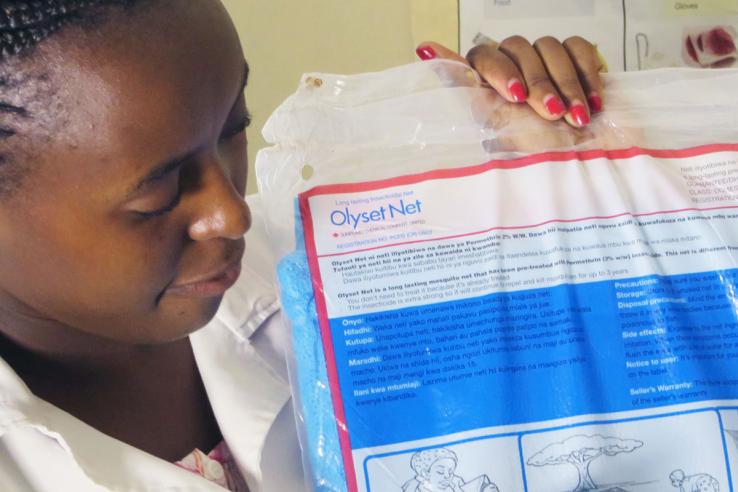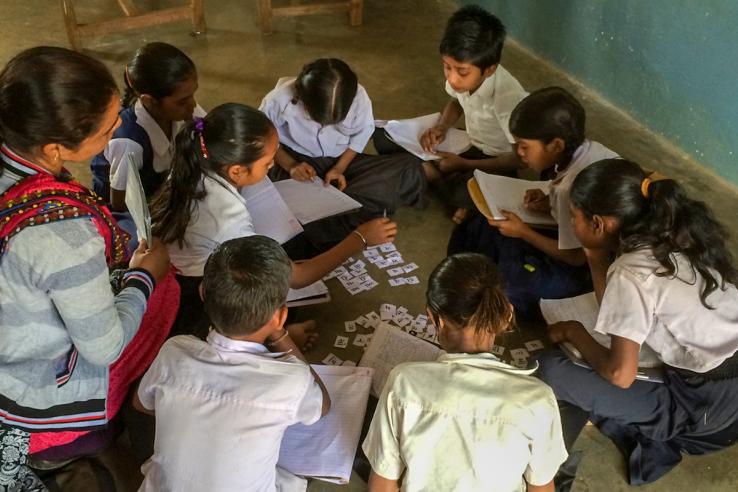Faire évoluer la pensée mondiale
Evidence from randomized evaluations can yield insights into questions at the heart of contentious policy debates. The results have often provided counterintuitive lessons that challenged the status quo. On some questions, a compelling body of evaluations has generated clear lessons that have fundamentally shifted policy debates.
For example, for decades policymakers debated whether to charge fees to consumers in low-income countries for basic preventive health products, such as bed nets, deworming medication, or water purification treatment. J-PAL-affiliated researchers conducted more than a dozen randomized evaluations in eight countries to empirically test the thinking behind this debate and evaluate how pricing affected use of various preventive health products. These evaluations all pointed to the efficacy of subsidizing user fees for key preventive health products by eliminating cost-sharing when possible because charging even a small price drastically reduced demand. The clear direction of findings across contexts and products helped shift policy in favor of reducing user fees for key preventative health products.

